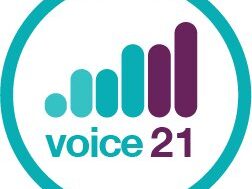LUCY RYCROFT-SMITH, FACULTY OF EDUCATION, UNIVERSITY OF CAMBRIDGE, UK
It has been difficult to escape conversations about AI (artificial intelligence) in education in the last year. We have had an explosion of talks, articles, research papers, conferences, blogs and social media posts with the embedded assumption that AI is a game-changing tool we should all be using in education – whether as a teacher, student, teacher educator, researcher or resource designer. AI literacy has sprung up as a new ‘required’ skill for both students (e.g. Casal-Otero et al., 2023) and teachers (e.g. Sperling et al., 2024) – yet another example of teachers being asked to upskill themselves with almost no support. What is almost entirely missing from the discourse is questioning that assumption. As Ahmad et al (2023, p. 1) suggest, ‘researchers and institutions across the globe are praising the positive role of AI but ignoring its concerns’. More specifically, what are the risks, harms and pot
Join us or sign in now to view the rest of this page
You're viewing this site as a guest, which only allows you to view a limited amount of content.
To view this page and get access to all our resources, join the Chartered College of Teaching (it's free for trainee teachers and half price for ECTs) or log in if you're already a member.











